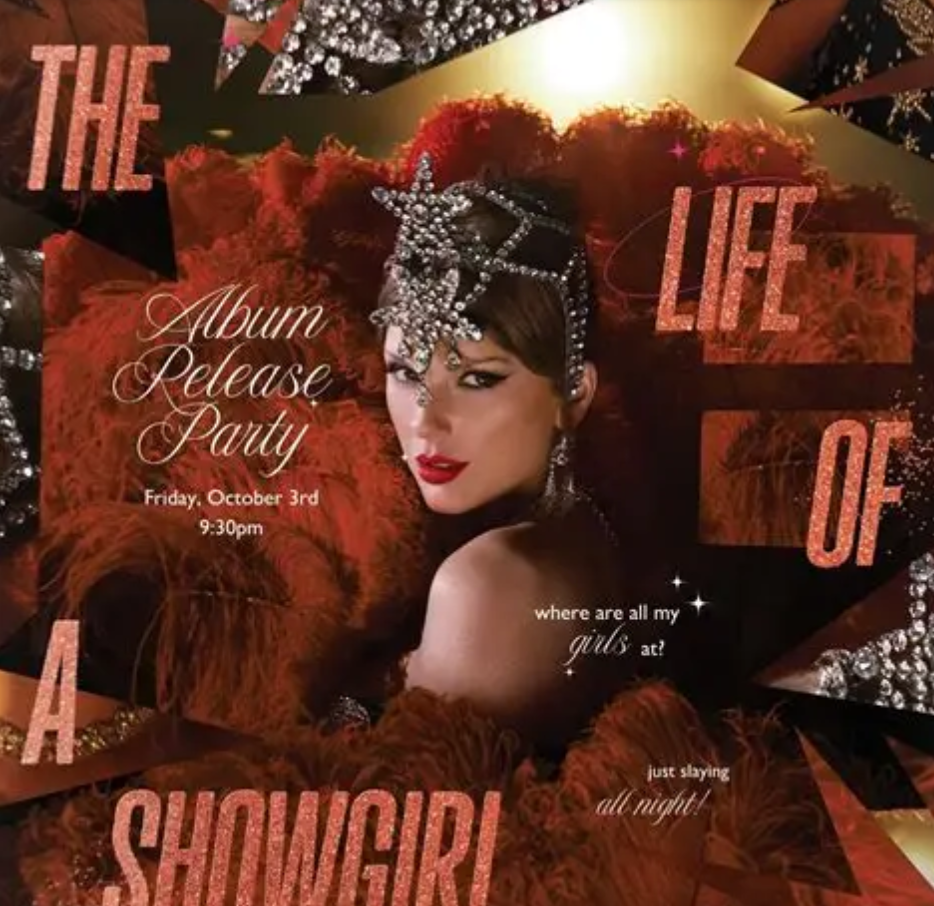Are movies becoming more educational than books?
- Mariana Soares
- May 9, 2021
- 4 min read

During quarantine, I found myself watching a lot of movies on Netflix and DisneyPlus, and it got me thinking about how many students, and society in general, are becoming increasingly disconnected from books. Books are no longer seen as a source of entertainment or education among today's youth. Is it true that movies are outperforming books in terms of educational value?
It is important to note that both of these are necessary; they are both educational and have distinct advantages and disadvantages. Books are useful for stimulating creativity and exercising the mind. However, it is unsurprising that the film industry has been a major feature of popular culture for a century and now dominates all aspects of information transmission. According to various reports, today's children need visual stimulation to assist their learning, and that all children receive a large amount of their social and moral education through film and television, as well as social media sites such as YouTube. Even though books are not only more insightful but may contain more accurate and reliable data on a given subject, movies tend to change such facts for the sake of the story. Movies are also educational, but the viewer can only take in so much to keep the movie interesting, while a book contains everything. It's important to remember that information in movies, such as historical films, isn't always correct; we know not to trust information when it's in the fictional category in books, but even in non-fictional films, there are always sections that aren't true to the plot. As a result, there are documentaries. Aside from factual inaccuracies, the film industry does more than entertain and even educate the public; it reshapes the historical background in the public consciousness in a way that books do not. When most people think of the Titanic, they see Leonardo DiCaprio clutching the door in the freezing waters of the Atlantic. That's the allure of movies. They have the potential to popularize history, educate the general public, and reshape our collective culture.
The main reasons why movies are being chosen as the primary form of education are time and dedication. Books take a lot of time and energy to read, and not everyone has the patience to devote that time and energy to a 300-400 page book about something that they don't even care about. As a result, it is more practical for teenagers to spend 2 to 3 hours watching a movie whose main purpose is entertainment; as a result, they feel more motivated to learn and it can be a way for them to relax because it does not require much focus. Another important factor to remember is accessibility. It's more difficult to get certain books for school, especially now that we're in quarantine, while movies are widely available. As a result, movies are more effective at reaching and educating a wide audience. Movies are the perfect way to reach out to people and exchange information; it is a fact that more people watch movies than reading books, enabling you to reach out to a wider audience and therefore be more beneficial.
We must begin to imagine the future. Unsurprisingly, technology continues to advance and make our lives easier every day, especially for students. Our parents were required to write their works on paper and spend time researching details at the library. We don't even use notebooks in class anymore; we already know everything with a click of a button, but schools insist on giving us books to educate ourselves. The film industry already plays a major role in shaping and educating today's youth, and it will continue to change and become more accepting over time. Since they were born into a technological world, today's youth are more visual learners than textual learners, resulting in greater influence and content. Movies have made studying languages simpler because they not only assist with learning new words but also with pronunciation and spelling (thanks to subtitles). Movies are also a common option for learning languages, thanks to services like Netflix, which allow us to watch our favourite films in a variety of languages.
Finally, movies are quickly becoming the most powerful form of learning. Books, on the other hand, are still necessary and important in culture, while in a film, the material has already been taken in by the scriptwriter and transformed into a visualised scene. When we read, we practice by creating our own visualised scene in our heads, and when we do so, we take in the knowledge more efficiently, and if it is about a subject of interest, it is more likely to be retained over a longer period. Movies do not leave a lasting impact on the viewer the same way books do, but they are more helpful for students in terms of remembering precise details; they are more likely to recall the concrete images of the film than the 1000 words used to explain that scene.
A note that I'm not arguing that one is superior to the other; rather, I'm arguing that we prefer and learn more from movies than from books. It is considered a fun introduction to new concepts, ideas, or books, something creative and a little beyond the norm of teaching and learning when movies are used in the educational system. Outside of education, though, movies have a much greater effect on our children than they do in school. It is considered a fun introduction to new concepts, ideas, or books, something creative and a little beyond the norm of teaching and learning when movies are used in the educational system. Outside of education, though, movies have a much greater effect on our children than they do in school.
Mariana Soares Y12





Comments